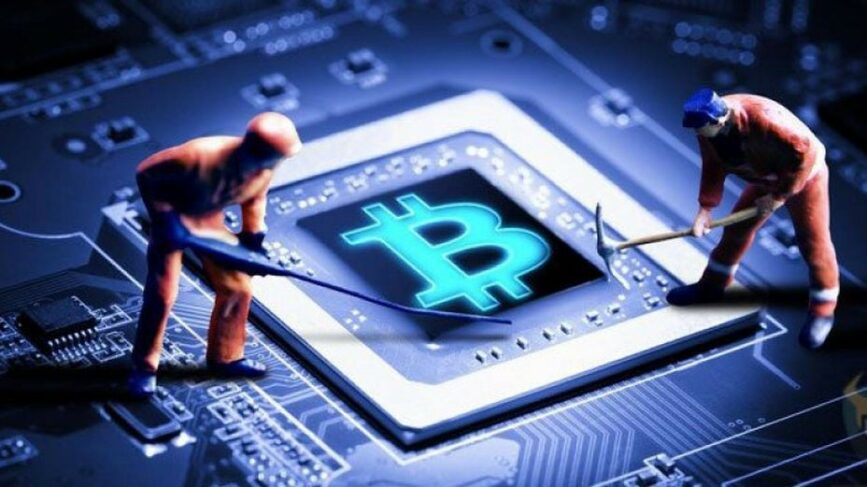
In it they offered "new information" resulting from their study on cryptocurrency mining. The data was simply a re-enactment of the same old Cambridge University figures that compared Bitcoin's energy consumption to that of a Scandinavian country.
"Our investigation suggests that the entire cryptocurrency mining industry in the US is likely to be energy and emissions problematic," they said.
The researchers demanded that the EPA and DOE require companies to submit energy use and environmental impact reports by August 15.
Is Bitcoin Mining Really That Bad?
In fact, the demand for energy by the Bitcoin network (quotation BTC) has fallen 41% since February, as miners shut down due to concerns about the profitability of the bear market. However, the long-term consumption trend is growing, as competition increases to mine the few remaining BTCs.
Additionally, many mining operations in the United States predominantly use renewable energy sources, especially those based in Texas. Some also buy carbon credits to offset their impact and emissions.
Politicians also said mining operations put pressure on energy grids. This may be true in some cases, but has been disproved by more knowledgeable industry experts than politicians.
On July 17, an industry researcher published findings that support the concept that Bitcoin mining actually helps balance a network, especially if it is powered by renewable sources.
The researcher noted that excess energy and redundancies must always be available to allow electricity authorities to provide electricity reliably. System frequency deviations (60Hz in the US) can occur when energy supply and demand are not compatible, he added. This can damage equipment and cause cascading problems.
Fossil fueled grids were more predictable and easier to balance, but this is not the case with renewable energies, which can be unpredictable when based on natural elements such as the sun or wind. Bitcoin mining can act as a controllable load for Primary Frequency Response (PFR), he added.
Additionally, Bitcoin miners can be turned on and off almost instantly in reaction to demand, which is not the case with other large-scale energy consumers.
Innovative applications
The Bitcoin mining process has clear advantages and can be adapted to support existing infrastructure. So, despite the outburst of anti-crypto politicians, it's not all bad news. Former Facebook and PayPal executive David Marcus has suggested that a different agenda is underway among US politicians.
